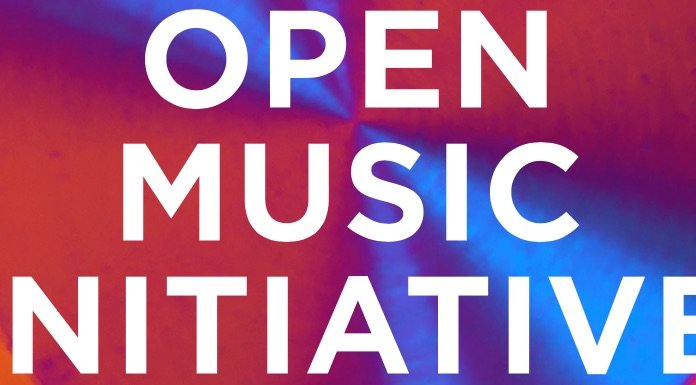3 Count: Unlikely Allies
Cats and dogs living together... Mass hysteria.
 Have any suggestions for the 3 Count? Let me know via Twitter @plagiarismtoday.
Have any suggestions for the 3 Count? Let me know via Twitter @plagiarismtoday.
1: Unlikely Allies are Trying to Fix One of Music’s Biggest Headaches
First off today, Amy Wang at Quartz reports that several online music platforms, including Spotify, YouTube and Pandora, have announced a partnership with the three major record labels to create the Open Music Initiative. A joint effort with Berklee College of Music and various industry players, the initiative aims to create a set of standards that will simplify and streamline royalty distribution.
The movement comes after both rightsholders and music companies expressed frustration at the process for paying and distributing royalties. Between confusing rules, inadequate metadata and even lawsuits, there’s been a great deal of headache over music royalties in recent years.
The Open Music Initiative hopes to streamline that process by bringing all of the stakeholders together and work to draw up standards together. While this group likely won’t bring much change to end users, it may bring major changes to all parties and reduce some of the overhead in getting payments to labels, publishers and artists.
2: The RIAA Writes to Judge About Controversial Ruling Over Remastered Sound Recordings
Next up today, Eriq Gardner at The Hollywood Reporter Esquire reports that the RIAA has filed a request to submit an amicus brief in the case of ABS Entertainment vs. CBS Radio. However, it’s refusing to take a stance as to whether remastering a song extends its copyright.
The case centers around ABS, a company which owns the rights to many pre-1972 sound recordings, including those of Al Green. Those recordings are not covered under federal copyright law, but rather, under state common law. Following several legal victories by others that established a performance right to such recordings, ABS sued CBS to seek royalties for radio play. However, CBS argued that ABS owned the right to remastered recordings, which were a new work and not pre-1972.
The court, to many people’s surprise, agreed. The ruling could, theoretically, be used to perpetually extend the copyright on sound recordings. The RIAA, however, is siding with ABS. While they aren’t taking a view on whether or not a remastering deserves a new copyright, they are saying that remastering should not remove state’s rights on the sound recording, including the right to public performance.
3: Court Backs Rules Treating Internet as Utility, Not Luxury
Finally today, Cecilia Kang at the New York Times reports that District of Columbia Circuit has sided with the Federal Communications Commission (FCC) and has ruled that high-speed Internet services can be defined as a utility. This means that they can be regulated by the FCC, letting the organization’s net neutrality rules stand.
The rules in question were created by the FCC in 2015 to greatly restrict the ways that internet service providers could manipulate traffic. Specifically, they wanted to limit the ISPs ability to show preference to some traffic over others. The court decision upholds those rules.
However, the fight for net neutrality is far from over as the ISPs have already promised to appeal this case to the Supreme Court. There is also possible legislation in Congress that could limit the FCC’s ability to regulate service providers.
Suggestions
That’s it for the three count today. We will be back tomorrow with three more copyright links. If you have a link that you want to suggest a link for the column or have any proposals to make it better. Feel free to leave a comment or send me an email. I hope to hear from you.
The 3 Count Logo was created by Justin Goff and is licensed under a Creative Commons Attribution License.
Want to Reuse or Republish this Content?
If you want to feature this article in your site, classroom or elsewhere, just let us know! We usually grant permission within 24 hours.
